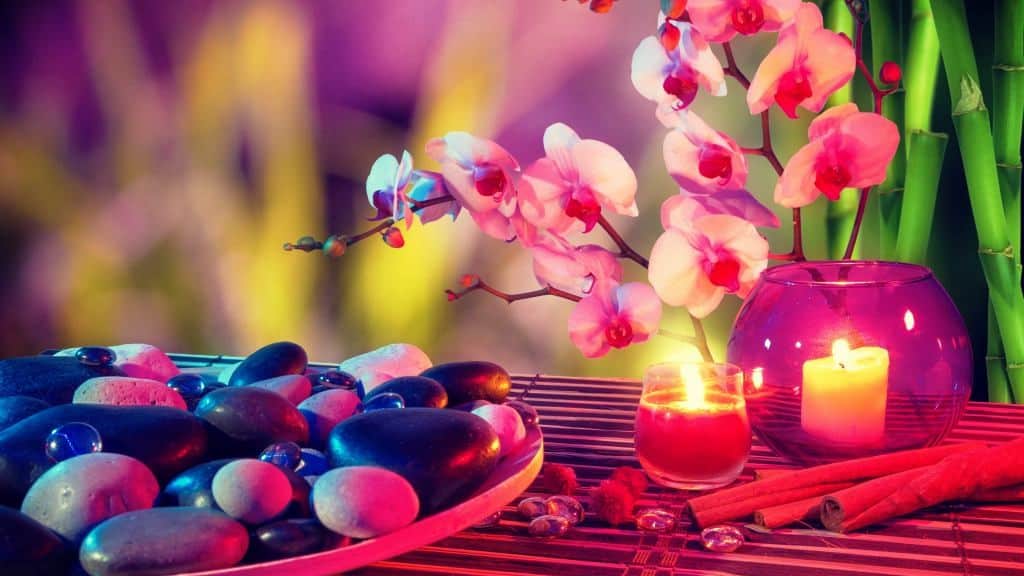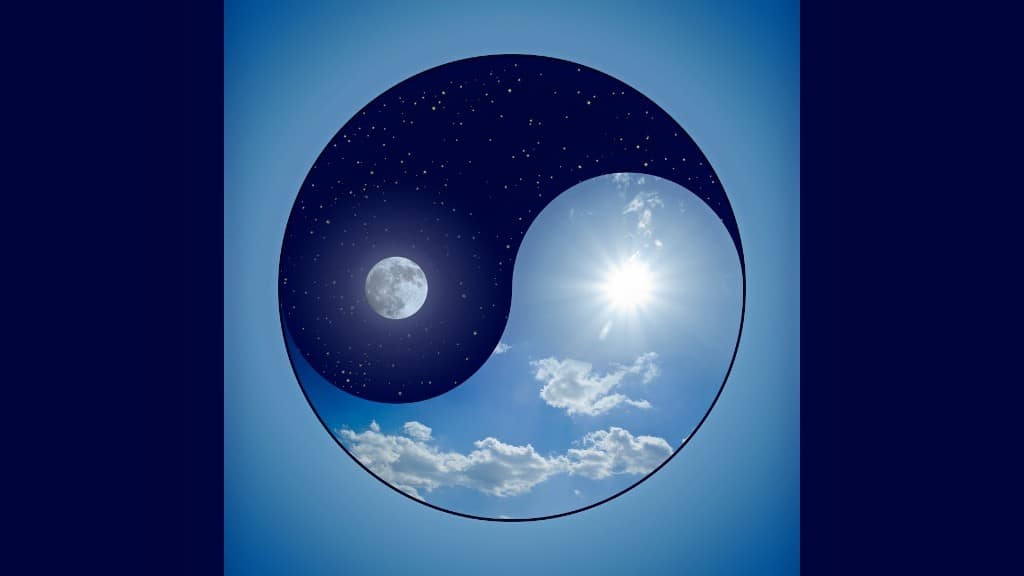Feng Shui is much more than just a decorative technique. Originating from ancient China, this timeless art serves as a bridge between us and the space surrounding us. It is grounded in a holistic philosophy aimed at enhancing our quality of life by fostering balance and harmony.
Exploring the Timeless Art of Feng Shui: A Key to Harmony and Well-being
This art is based on understanding and managing Chi, or vital energy. Indeed, Feng Shui teaches us how this energy directly affects our well-being. Over the centuries, it has proven to be a powerful tool, enabling us to create spaces that are not only aesthetically pleasing but also healthy and conducive to happiness and prosperity.
The essence of Feng Shui lies in the pursuit of balance. This balance is sought between the opposing forces of yin and yang, as well as in harmonizing the five elements: wood, fire, earth, metal, and water. By applying these principles, we can enhance both our homes and workplaces, offering tailored solutions that address the needs of each space.
Feng Shui transcends time and culture. It adapts to societal changes, maintaining its relevance in the modern world. By embracing it, we not only open the door to a more balanced and fulfilled life but also embark on a journey towards self-improvement and comprehensive well-being.
Roots and Renewal: The Historical Evolution of Feng Shui
Delving into Feng Shui, we encounter its pillars: wind (Feng) and water (Shui). These elements symbolize fluidity, movement, and change, reflecting the interaction between the energy surrounding us and ourselves. From its inception, Feng Shui has sought to understand and manage these energy flows for humanity’s benefit.
Spanning more than 4,000 years, this practice has come a long way. It began with ancient Chinese masters observing the stars and landscape, evolving to modern experts who incorporate these age-old principles into contemporary architecture and design. It has transitioned from a set of esoteric practices to a daily, accessible discipline.
Figures like Ernest Eitel and Lin Yun have played crucial roles in this journey. Eitel emphasized the importance of geography in creating livable spaces, while Lin Yun blended Tibetan Buddhism with traditional Chinese Feng Shui. Both have helped this art cross-cultural and geographical boundaries.
In conclusion, Feng Shui has demonstrated its adaptability through the ages, continuing to offer answers to contemporary challenges and promoting balanced, harmonious living environments. Its historical evolution reveals that Feng Shui is more than just an ancient practice; it is a living response to the needs of the present.
Transform Your Space, Transform Your Life: Applying Feng Shui in Modernity
To effectively apply Feng Shui, the first step is identifying a space’s specific challenges. Is it a home that lacks serenity? Or an office that doesn’t support productivity? Understanding the issue allows for adjustments that enhance well-being and harmony.
Feng Shui offers various techniques tailored to each space and need, including:
- The Eight Directions or Compass Method, utilizes direction to optimize energy flow.
- The Eight House Method, dividing the space into sectors, each impacting different life areas.
- The Flying Star School assesses changing energies based on orientation and time.
- The Form School or Black Hat Sect, focuses on how we interact with our environment and its topography.
These techniques enable us to customize the harmonization of our spaces, adapting them to our individual needs.
The concept of Chi, or vital energy, is crucial in both Feng Shui and other traditional practices like healing and martial arts. This constantly surrounding energy can be directed and balanced to improve our health and effectiveness in various activities. Feng Shui teaches us to create environments that support a healthy energy flow, essential for a fulfilling life.
The modern practice of Feng Shui goes beyond decoration. It is an integrated approach aimed at improving life quality, creating balanced and harmonious spaces.
Beyond Decoration: Feng Shui as a Philosophy of Life
Feng Shui transcends traditional decoration to become a life philosophy integrating well-being, balance, and harmony. By applying its principles, we transform not only our physical spaces but also significantly enhance our life quality.
This ancient discipline invites us to reflect on our relationship with our environment, encouraging a deeper understanding of how physical and energetic aspects affect our mood, health, and fortune. It teaches the importance of living in harmony with our surroundings, promoting spaces that reflect and support our life aspirations.
Every object, color, and arrangement in our space has the potential to influence our journey toward success, happiness, and tranquility. Optimizing our environment allows us to align our energies with the goals and dreams we wish to achieve.
With its deep history and applicability to the present, Feng Shui offers a holistic approach to designing our living and working spaces. It is not confined to rigid rules; it is an adaptable art that allows us to explore and apply its principles in ways that resonate with our unique needs and lifestyles. This flexibility makes it a powerful tool for self-discovery and personal transformation.
In summary, Feng Shui represents a life philosophy teaching the value of living in balance with our environment. By adopting its principles, we pave the way towards greater harmony, well-being, and happiness, demonstrating that how we organize and inhabit our spaces can profoundly and positively impact our lives.




